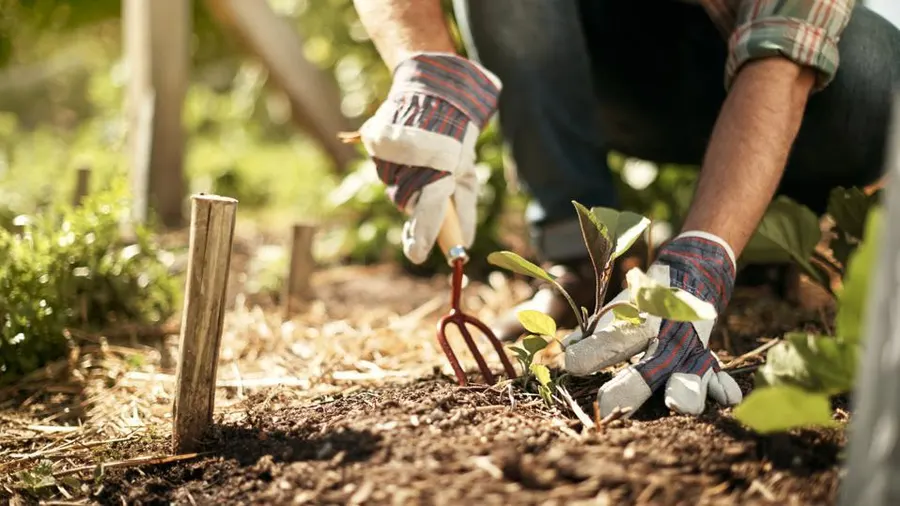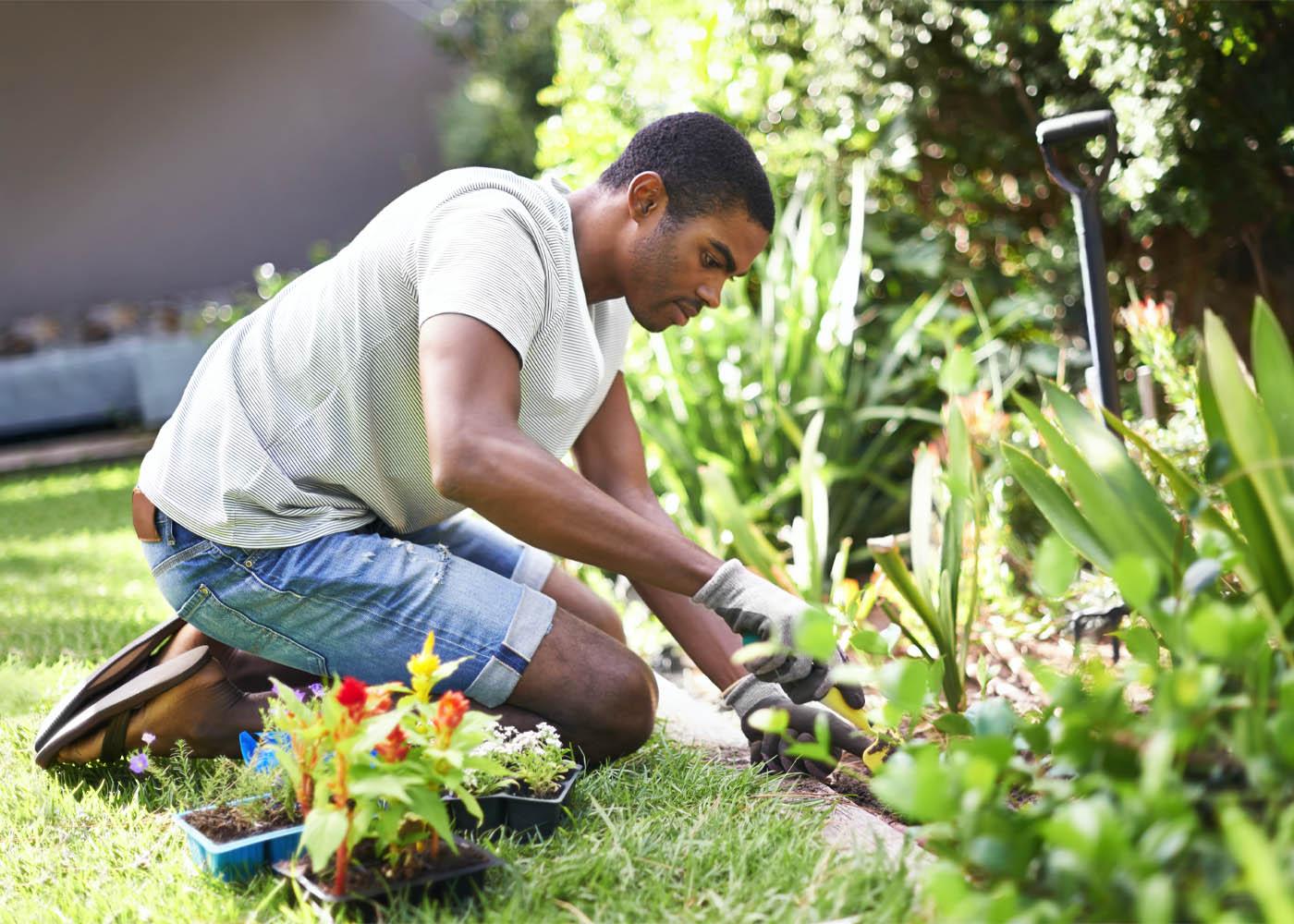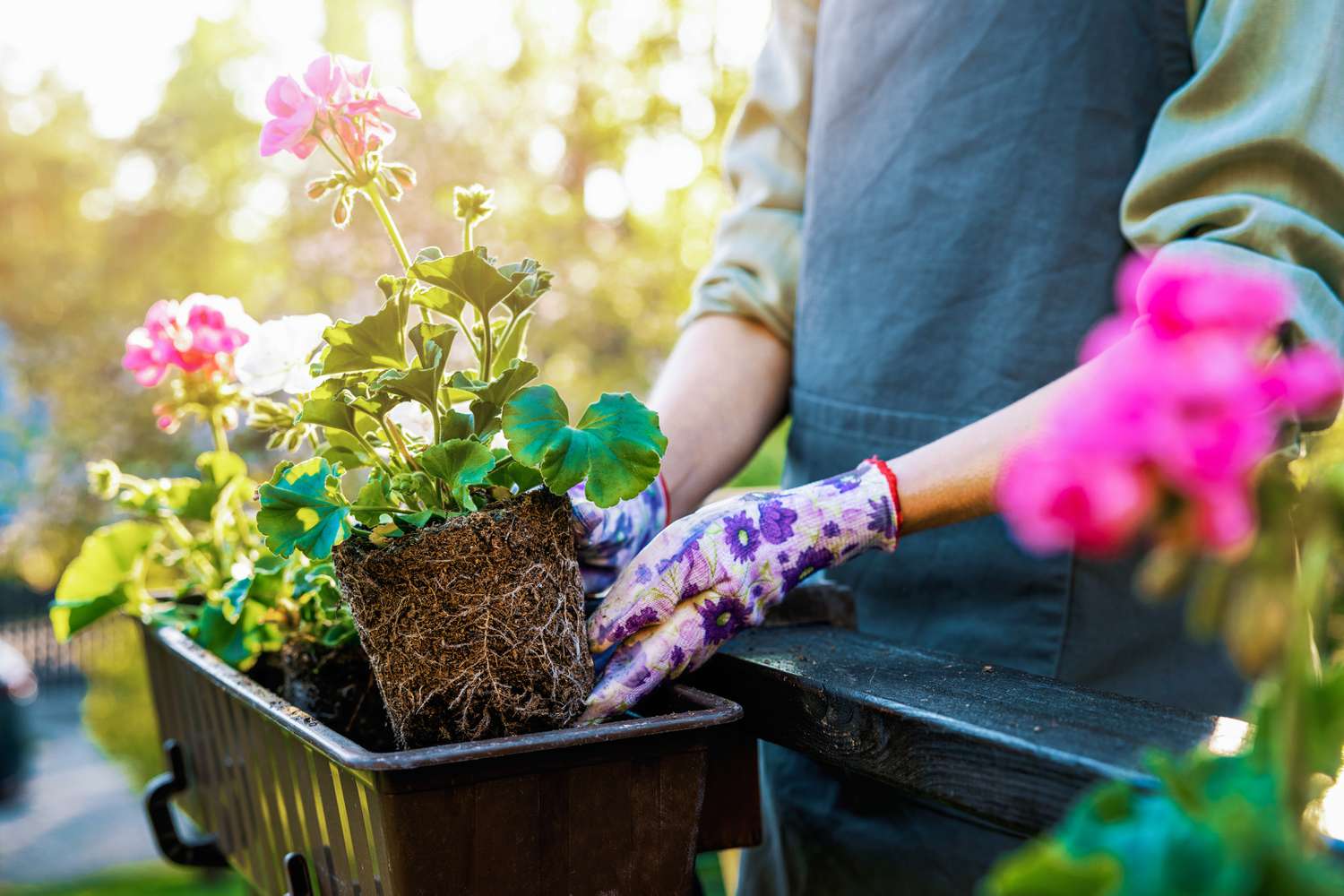**Herb Gardening 101: Growing Your Own Fresh Herbs at Home**
There’s something incredibly satisfying about growing your own herbs at home. Not only does it provide you with a convenient and cost-effective way to access fresh herbs whenever you need them, but it also allows you to connect with nature and enjoy the process of nurturing plants from seed to harvest. Whether you have a spacious backyard or a small balcony, herb gardening is a rewarding and accessible hobby that anyone can enjoy. Here’s a beginner’s guide to getting started with herb gardening:
**1. Choose the Right Location:**
Before you begin planting your herb garden, consider the location carefully. Most herbs thrive in sunny spots with well-draining soil. If you have a backyard or outdoor space, look for a sunny area that receives at least 6-8 hours of sunlight per day. If you’re gardening indoors or on a balcony, choose a location near a sunny window or invest in grow lights to provide adequate light for your herbs.
**2. Select Your Herbs:**
When choosing which herbs to grow, consider your personal preferences as well as the growing conditions in your area. Some popular herbs for beginners include basil, parsley, cilantro, mint, chives, thyme, rosemary, and oregano. Start with a few varieties that you know you’ll use regularly in your cooking, and expand your collection as you gain confidence and experience.
**3. Prepare Your Soil:**
Good soil is essential for the health and productivity of your herb garden. Choose a high-quality potting mix or garden soil that is well-draining and nutrient-rich. If you’re planting in containers, make sure they have drainage holes to prevent waterlogged soil. You can also add organic matter like compost or aged manure to improve soil structure and fertility.
**4. Plant Your Herbs:**
Once you’ve prepared your soil, it’s time to plant your herbs. Start by preparing the planting area and spacing your herbs according to their specific requirements. Some herbs, like basil and parsley, prefer to be planted closer together, while others, like rosemary and sage, need more space to spread out. Follow the planting instructions on the seed packet or plant label, and water your herbs thoroughly after planting.
**5. Provide Adequate Water and Nutrients:**
Proper watering is crucial for the health and growth of your herbs. Water your plants regularly, keeping the soil evenly moist but not waterlogged. Allow the soil to dry out slightly between waterings, as overwatering can lead to root rot and other issues. Additionally, fertilize your herbs periodically with a balanced fertilizer to provide them with essential nutrients for healthy growth.
**6. Prune and Harvest Regularly:**
To encourage bushy growth and prolong the harvest, it’s important to prune and harvest your herbs regularly. Pinch off the tips of the stems to promote branching and remove any yellowing or dead leaves to maintain plant health. When harvesting herbs, use sharp scissors or pruning shears to cut the stems just above a leaf node, taking care not to remove more than one-third of the plant at a time.
**7. Protect Your Herbs from Pests and Diseases:**
Keep an eye out for common pests and diseases that can affect your herbs, such as aphids, spider mites, and powdery mildew. Regularly inspect your plants for signs of infestation or disease, and take prompt action to address any issues. You can use organic pest control methods like handpicking, neem oil, or insecticidal soap to keep pests at bay and promote a healthy growing environment.
**8. Enjoy Your Harvest:**
One of the best parts of herb gardening is enjoying the fruits of your labor. Harvest your herbs as needed for cooking, garnishing, and preserving, taking care to use them fresh or dry them for later use. Fresh herbs can be added to salads, soups, sauces, marinades, and countless other dishes to enhance flavor and nutritional value. Experiment with different combinations and recipes to make the most of your homegrown herbs.
In conclusion, herb gardening is a rewarding and enjoyable hobby that allows you to grow your own fresh herbs at home. By choosing the right location, selecting suitable herbs, preparing the soil, planting properly, providing adequate water and nutrients, pruning regularly, protecting against pests and diseases, and enjoying your harvest, you can create a thriving herb garden that provides you with an abundance of flavorful herbs year-round. So roll up your sleeves, get your hands dirty, and start growing your own fresh herbs today!



